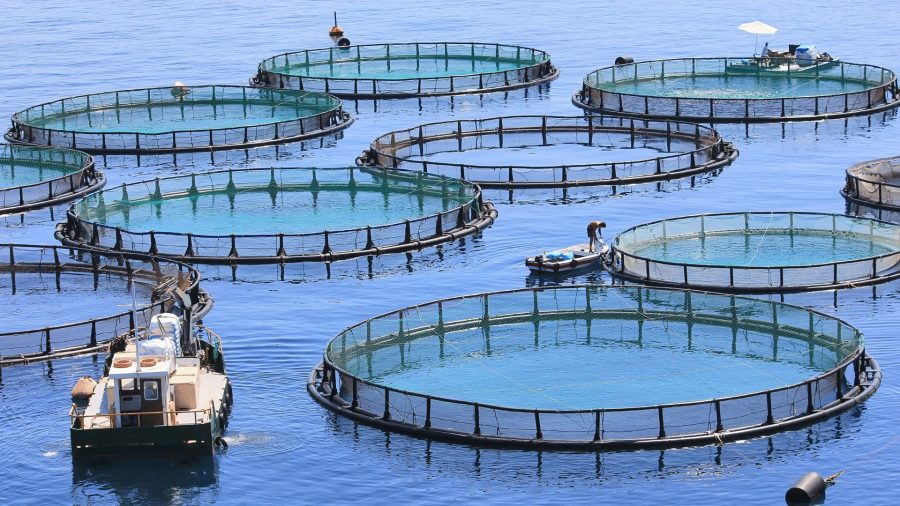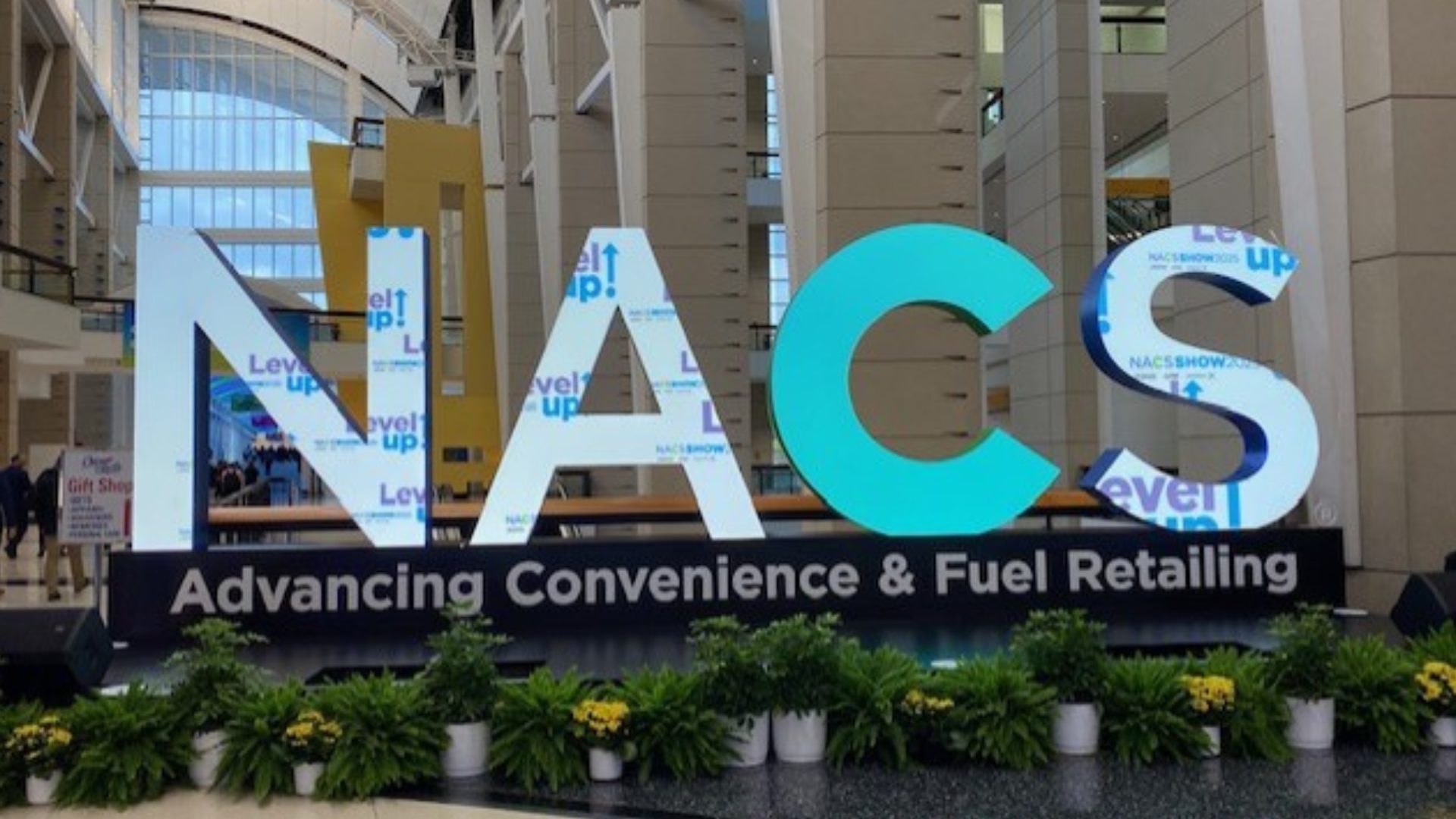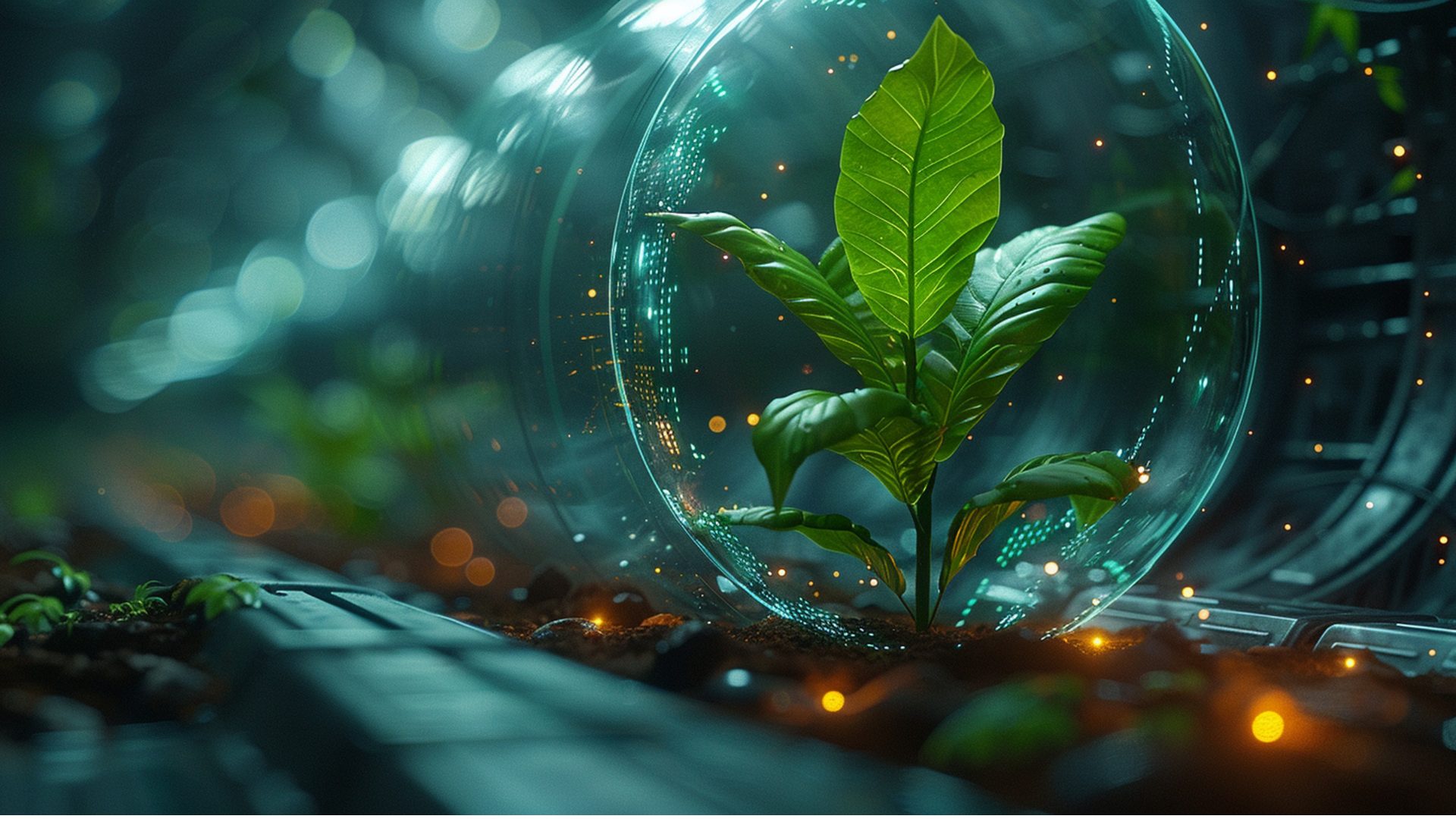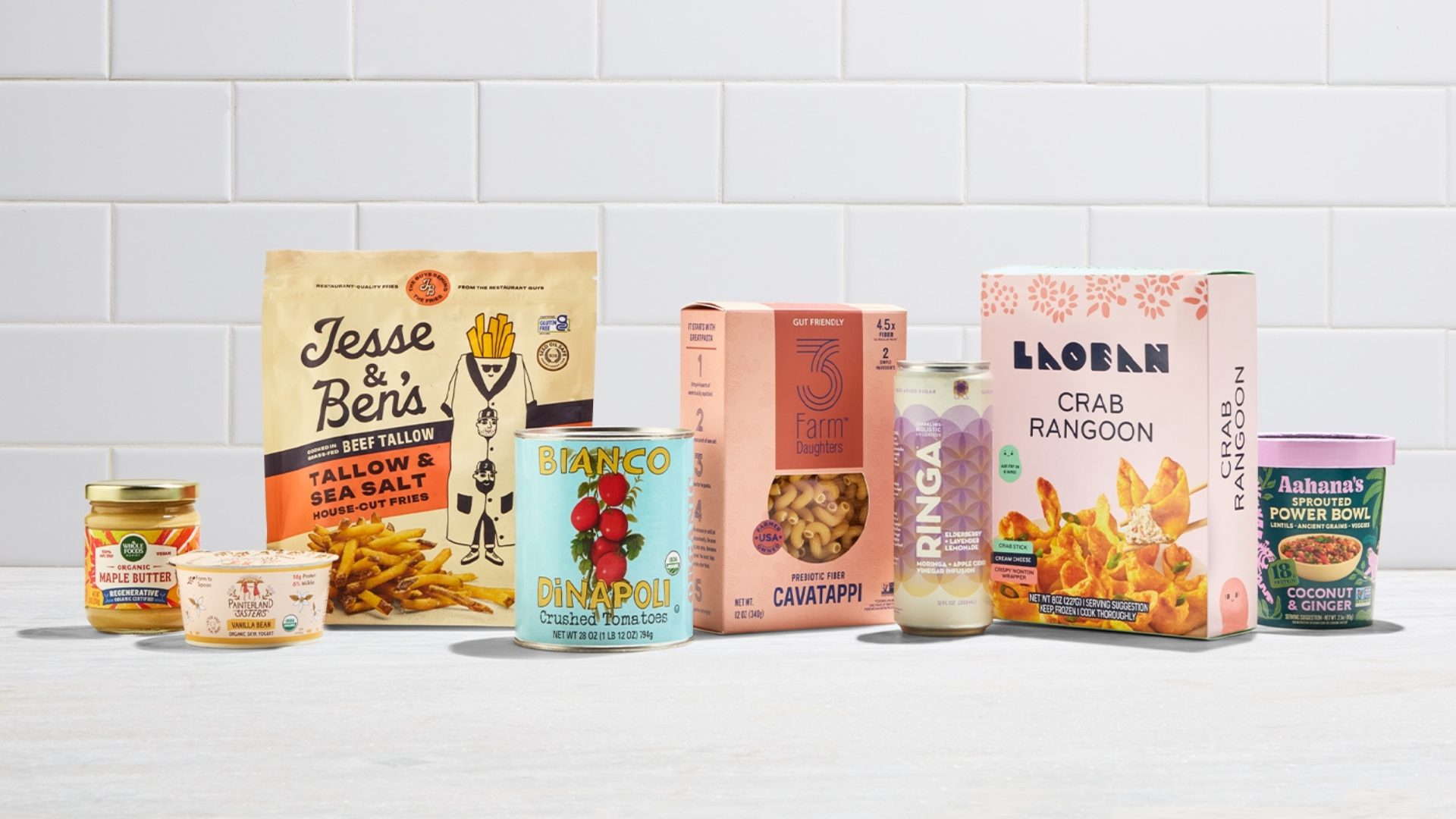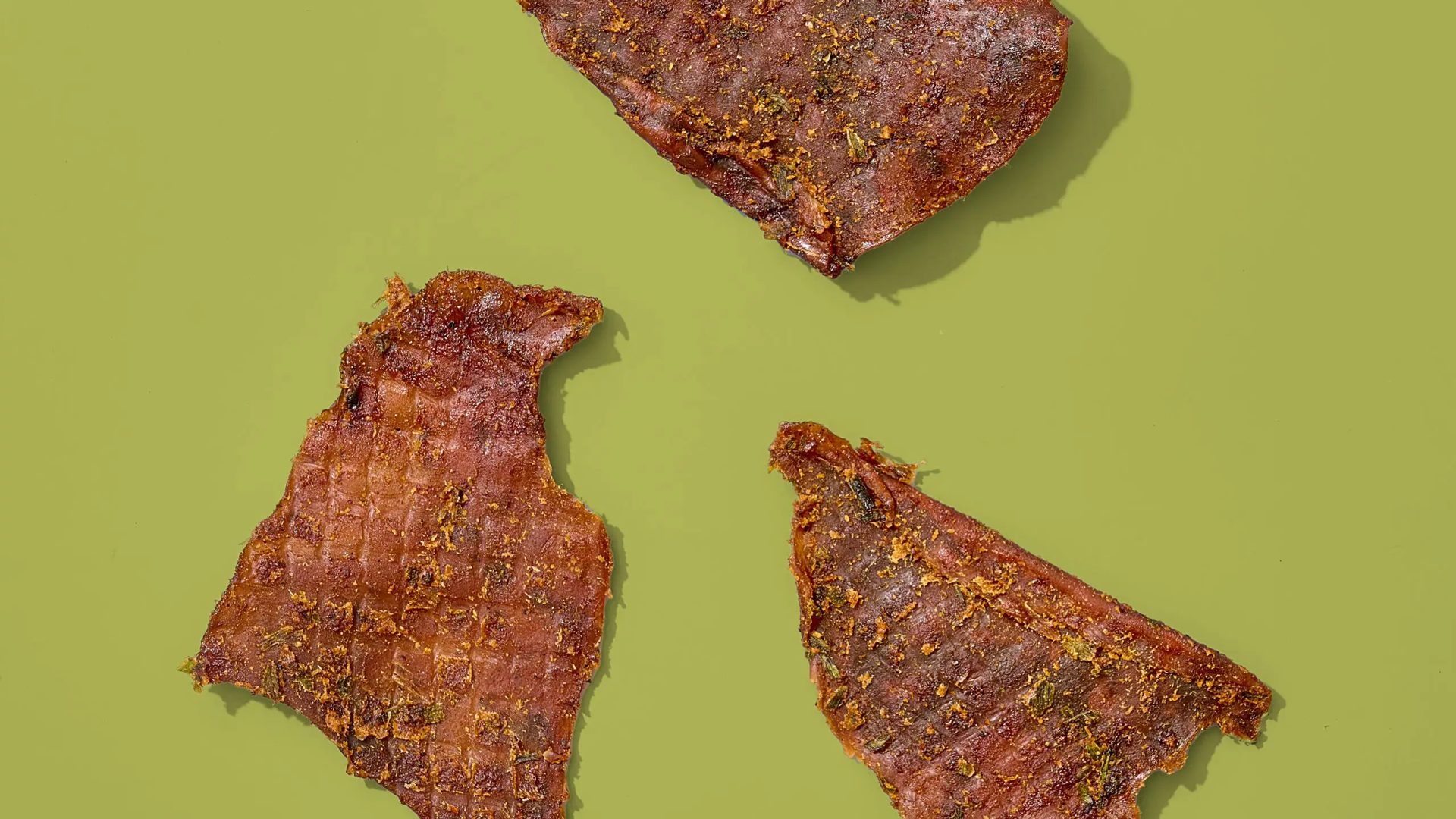Global fish consumption continues to rise faster than other proteins, driven by a growing and increasingly prosperous world population that recognizes the health benefits of eating seafood.
In fact, since 1961, the average annual 3.1% rise in global fish consumption has exceeded the consumption growth of all other animal protein foods (like beef, poultry, and milk), which increased by 2.1% per annum, according to a 2020 Food and Agriculture Organization of the United Nations (FAO) report.
Along with the rise in demand, however, global wild fishery production has essentially been maxed out. That is, capture fishery production is projected to increase by just 1% through 2025, due to the fact that most of the world’s marine capture fisheries are fully fished and have no potential for increasing production, according to FAO.
With that, the growing demand for fish has raised the profile of aquaculture –the controlled cultivation of aquatic organisms such as fish, crustaceans, mollusks, algae and other organisms— as a means for developing new sources of protein as the growing world population strains the food supply chain.
And while the practice also protects coastlines and other aquatic environments, it can indirectly harm other areas by draining natural resources from surrounding habitats. Other concerns include water contamination and recent studies indicating a growing number of diseases and parasites in these farms.
Yet, aquaculture advocates say that when the practice is done sustainably, it is an effective way to meet the world’s rising demand for food.
Global production and the outlook for growth
Global aquaculture production is dominated by Asia (92%); China alone accounts for 57.8%. According to the most recent Fisheries of the United States report, the U.S. ranks 17th in production.
Further, the global market is projected to reach $245.2 billion by 2027, growing at a CAGR of 4.4%, according to ReportLinker. And with that, some of the world’s biggest food companies are getting in on the action.
JBS SA, the world’s biggest meat producer, is expanding into the fish business by acquiring Australian salmon producer Huon Aquaculture Group for A$425 million ($314 million).
The deal already has the backing of the majority shareholders and is set to be completed by the end of this year following approval by Australian authorities, the Sao Paulo-based company said in a statement.
“This is a strategic move, which marks the entry of JBS in the aquaculture business,” said Chief Executive Officer Gilberto Tomazoni. “Aquaculture will be a new growth platform for our business.”
Demand in the $400 billion fish market is so great that it’s also attracting companies like Cargill Inc., which is targeting deals to get into the fish production and processing business.


